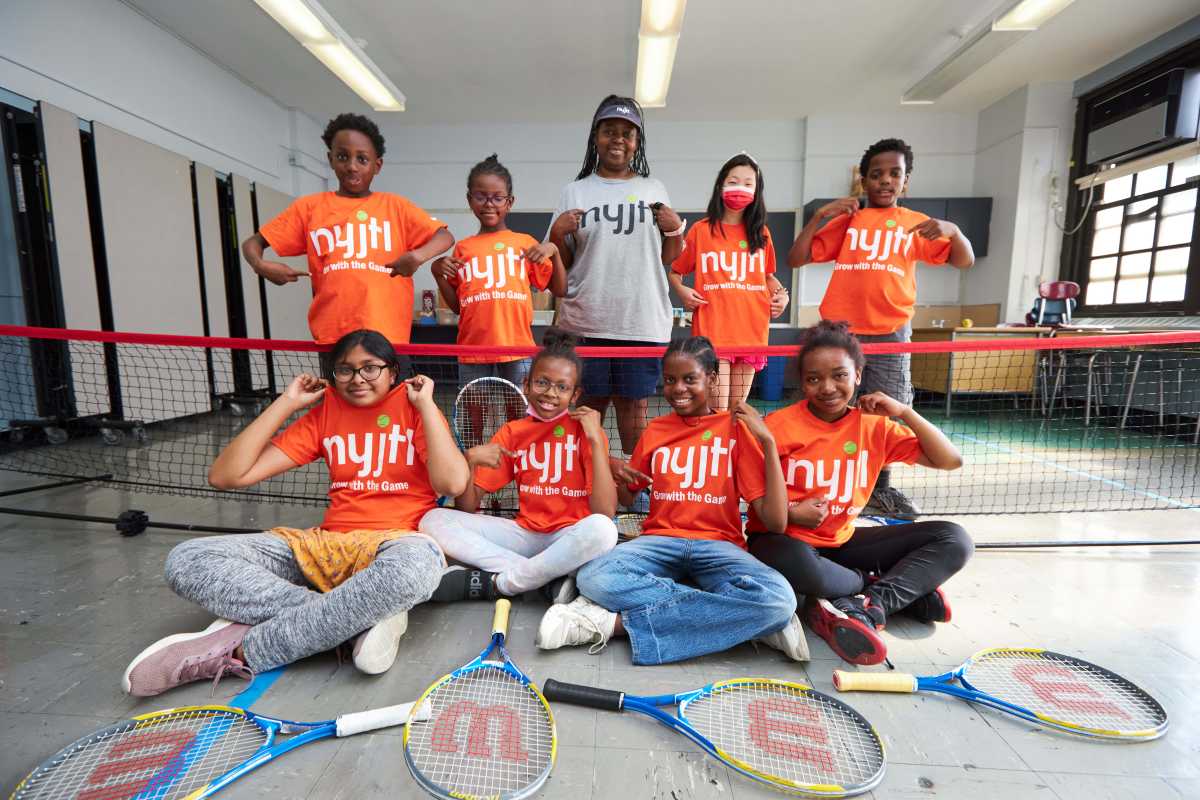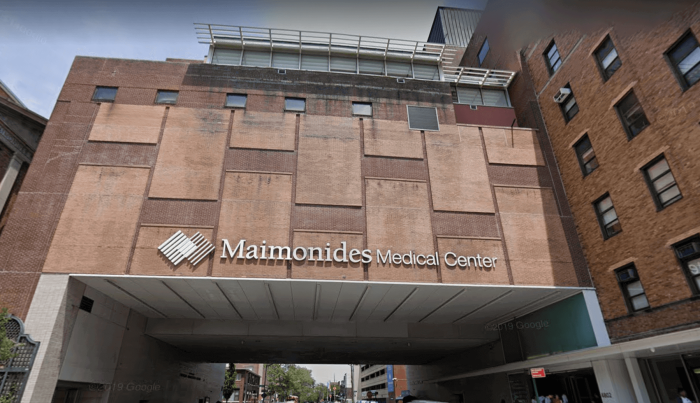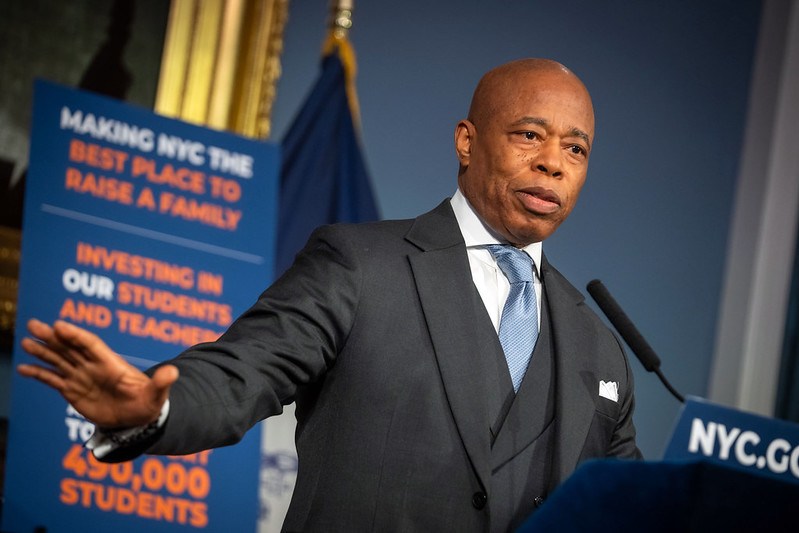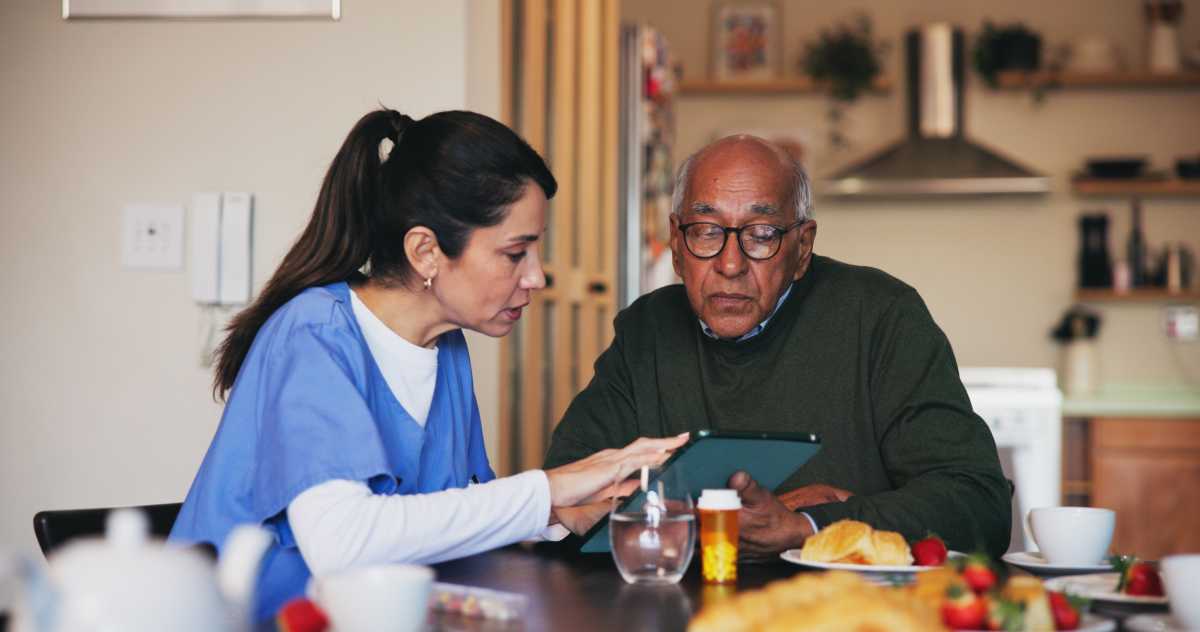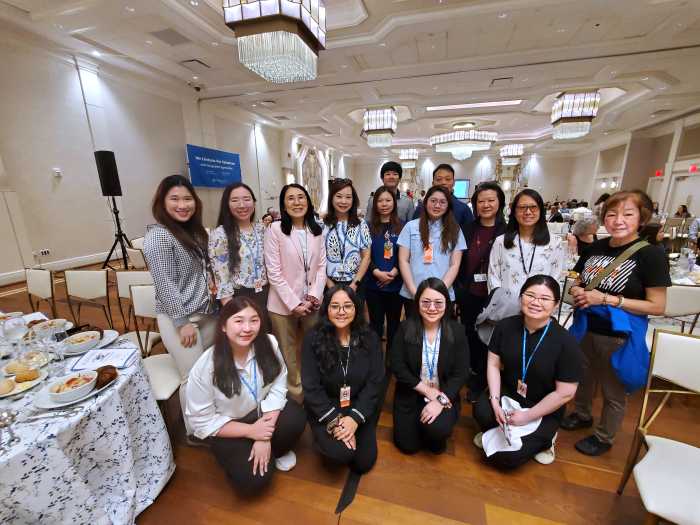As concerns grow over youth mental health, more than 30 public schools — including 12 in Brooklyn — will gain access to expanded mental health initiatives through the New York Junior Tennis & Learning (NYJTL) school program.
The Learning and Enrichment After-School Program Supports (LEAPS) grant has accelerated efforts to expand the organization’s mental health programming, which focuses on emotional regulation and mental health first aid.
NYJTL is among the organizations supported by New York State’s $100 million LEAPS grant, which funds after-school programs in high-need areas. The organization also receives funding from the New York City Department of Youth and Community Development.
One of the largest after-school program providers in New York City, NYJTL serves more than 3,000 students through tennis training and competition, tutoring, wellness and nutrition, arts instruction, educational field trips, STEM education, and literacy activities.
“Overall, sports is mental health,” said Grace Bodenmann, NYJTL’s chief education officer. “It develops teamwork. It develops character, [and] a connection with other peers no matter how strong you are at the game.”
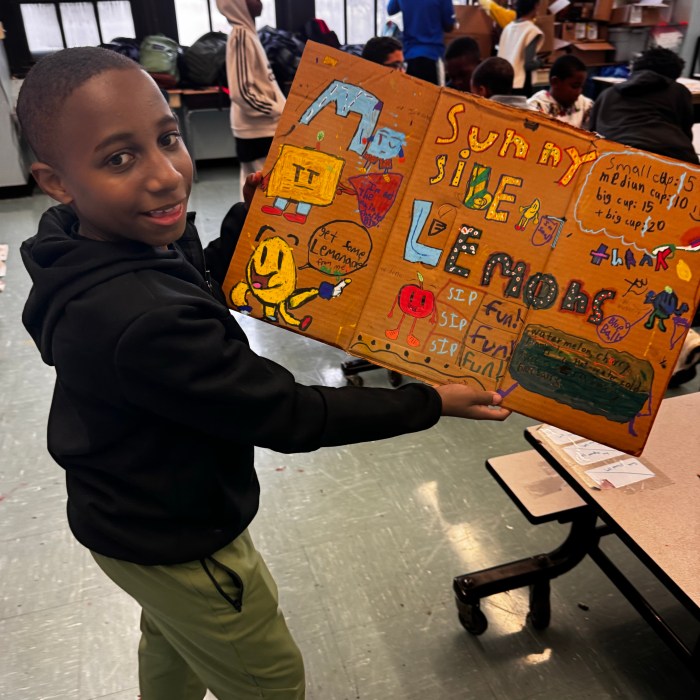
Bodenmann told Brooklyn Paper that the grant will help “deepen the work” that NYJTL has already done.
“We’re being really purposeful [by] providing training to our staff who are going to implement the connections that they build with the kids,” she said, “but we need to give them the tools to be able to know how to do that appropriately.”
The 2024 State of Mental Health of New Yorkers report reveals that between 2019 and 2021, approximately 15% of children ages 3 to 13 were formally diagnosed with a mental health condition, with anxiety and depression identified as the top issues.
The report also found that 48% of teenagers reported experiencing depression, including 27% with mild symptoms and 11% with severe symptoms.
Emily Haghtalab, NYJTL’s head social worker, leads a cohort of social work interns and uses restorative mental health practices as the core of her work with students in grades K-12.
“Fostering healthy conflict resolution, relationship building, emotional expression, it can reduce behavioral incidences,” Haghtalab said. “It can improve staff engagement; it can create a culture of trust.”
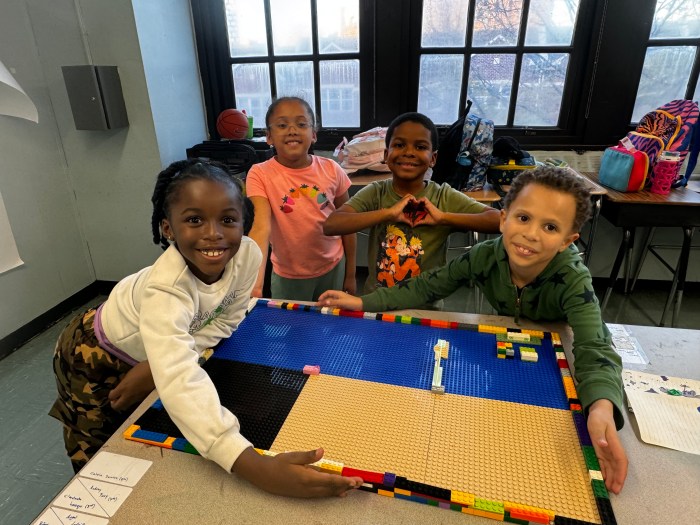
Haghtalab has trained more than 100 staff members in childhood mental health support. Last week, she completed her Youth Mental Health First Aid training at PS 93 in Bed-Stuy and PS 289 in Crown Heights.
Youth Mental Health First Aid focuses on assessing mental wellness in real-time, incorporating emotional self-regulation techniques, and supporting students’ self-esteem.
“ I would really hope to expand and strengthen what it means to be a trauma-informed organization for our students and staff, and I really want to focus on training more staff and restorative approaches,” Haghtalab added.
Brooklyn public schools with access to NYJTL and its new mental health initiatives include JHS 383, PS 184, PS 325, IS 211, PS 197, PS 215, PS 009, PS 289, PS 191, PS 012, PS 093 and PS 270.



